Credit Card Do's and Don't's
For young adults, credit cards are an excellent tool for building credit history, renting an apartment, or establishing financial independence, but they should be used wisely.
A credit card is a card issued by a financial company that gives the holder an option to borrow funds, usually at the point of purchase. Credit cards charge interest and are used primarily for shortterm financing. Interest typically begins to be charged one month after a purchase is made, and borrowing limits are preset according to an individual’s credit rating.
To seek out new customers, credit card companies often send young adults and other prospects credit card applications in the mail. Typically, these mailings are unsolicited—you may have received a few yourself. But, before you sign on the dotted line and return that application, you should know a bit more about the dos and don’ts of credit cards.
Dos's
Shop around - The credit card industry is very competitive, so compare interest rates, credit limits, grace periods, annual fees, terms, and conditions.
Read the fine print - The application is a contract, so read it thoroughly before you sign it. Watch for terms such as introductory rate and be sure you know when that introductory interest rate expires.
Pay your bill in full each month - Pay off your statement each month in full and on time; otherwise, you will begin paying interest charges and may be charged late fees. Paying off your bill each month can also help ensure that you stay out of debt.
Track your spending - Look closely at your credit card statements each month to be sure that you actually approved the charges that appear. Mistakes can happen, and you don’t want to pay more than you agreed to.
Pay attention to changes in your credit agreement - Occasionally, the credit card company will send you updates on the contract you have with it. If you don’t pay attention, you could miss something important.
Don’ts
Don’t spend money you don’t have - Buying things without sufficient funds in your bank account can lead you down a dangerous path. Before you know it, you could be in a lot of debt with no way to pay it off.
Don't get too close to your maximum credit limit - Creditors want to see that you know how to use your card wisely. Keeping your balance low and making payments in full are good ways to do that. Just because the option to spend more is there doesn’t mean you should take advantage of it.
Don’t sign up for store credit cards just to receive a discount - Opening a credit line at a store to obtain a discount on a purchase then and there may not be a good idea. Remember that credit cards affect your credit score and that opening too many can actually hurt it. Plus, store credit cards tend to have much higher interest rates than those offered by financial institutions.
Don’t apply for additional credit cards if you have balances on others - Pay your balances on existing cards before opening new accounts. Getting in this habit will make you less likely to open too many accounts.
Don’t give your credit card to someone else - Whether you authorize it or not, giving your credit card to someone else to use is against the law.
Although credit cards are important in helping establish a credit history, they are often misused. A credit card can be a powerful tool in the hands of a responsible individual, but it can be destructive if used by someone who is unaware of its pitfalls. Keep these tips in mind before obtaining and using a credit card.
~ Presented by Charles Stewart

